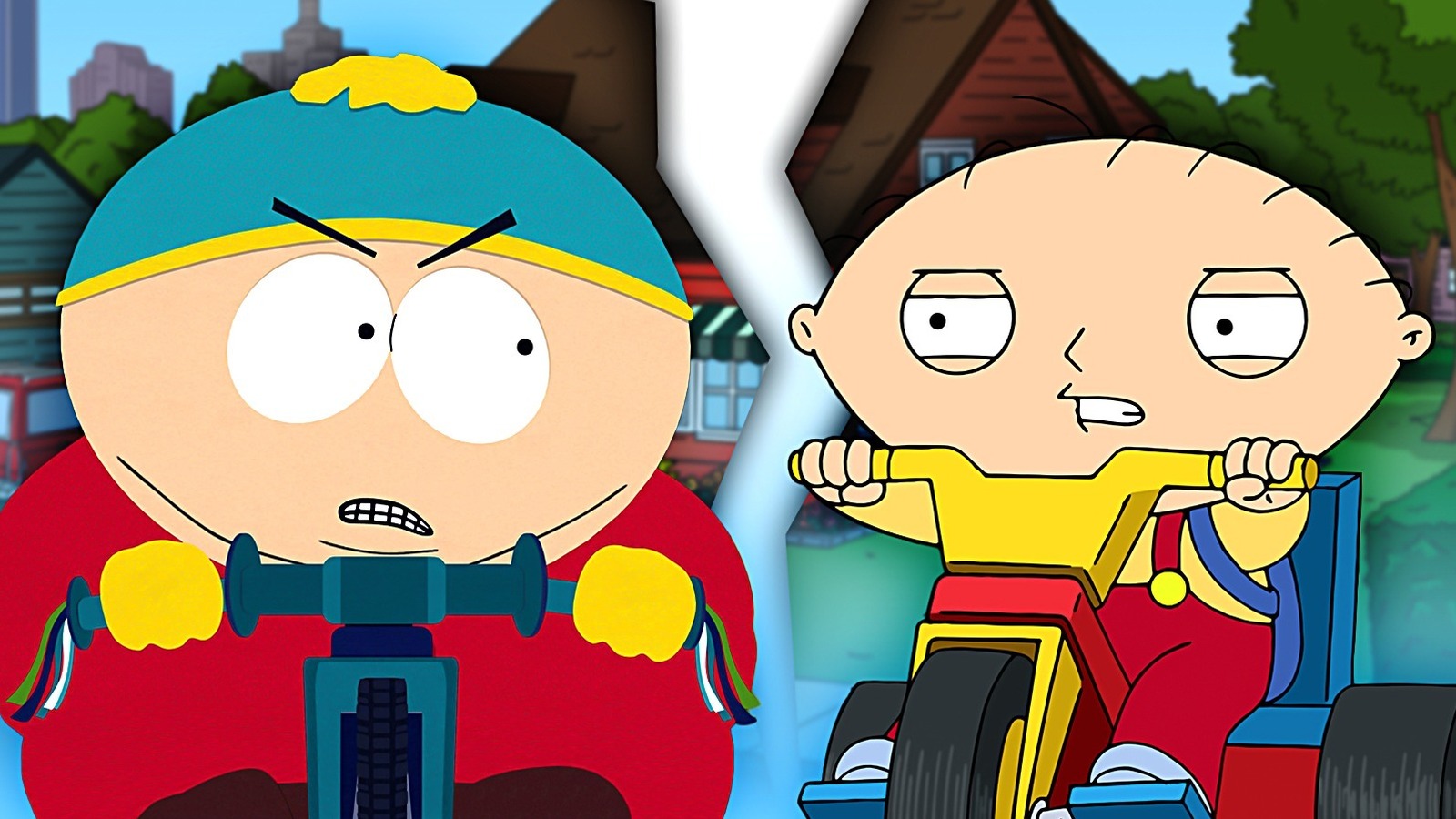
The Ongoing Rivalry Between South Park and Family Guy: An In-Depth Look
In the notable two-part episode “Cartoon Wars” from 2006, South Park takes a bold jab at Family Guy over an upcoming episode featuring the Prophet Muhammad. The plot unfolds in the fictional town where residents become anxious about potential military backlash from Islamic nations due to the sensitive nature of depicting Muhammad. This storyline draws inspiration from the 2005 uproar ignited when the Danish newspaper Jyllands-Posten published cartoons of Muhammad, leading to widespread protests and violence. As the story progresses, the citizens of South Park resort to burying their heads in the sand, literally attempting to distance themselves from the controversial Family Guy episode.
Creators Matt Stone and Trey Parker were leveraging this controversy to indirectly criticize Seth MacFarlane, the mind behind Family Guy. In “Cartoon Wars,” the character Cartman, usually malicious, discovers that Family Guy engaged in genuinely offensive material regarding Muslims. However, instead of advocating for sensitivity, his motivation is revealed to be a desire to undermine Family Guy for what he perceives to be its lazy approach to humor. Cartman ultimately uncovers that Family Guy employs trained manatees to produce its jokes, emphasizing Stone and Parker’s view on the writing quality.
This episode marked the beginning of an unresolved feud between Stone, Parker, and MacFarlane. The criticisms don’t stop there; they are self-evident in the exaggerated versions of Family Guy characters that populate the parody. One particular scene sees Peter Griffin responding to his wife Lois’s concerns about his ex-girlfriend’s visit with a random, absurd flashback, exemplifying the show’s chaotic humor.
In commentary on the DVD release, both creators expressed their disdain for what they termed “gag-forward writing,” lamenting the prevalence of superficial jokes over narrative and character development. Parker articulated their stance, admitting their hatred for the gag-centric style, while acknowledging that they understand its appeal to many viewers. They strive to avoid what they see as the shallow nature of relying on punchlines devoid of depth, instead emphasizing character-driven storytelling in South Park.
On the flip side, MacFarlane has not stayed silent. In a 2012 Rolling Stone interview, he reacted to Parker’s and Stone’s criticisms. While he appreciated the humorous take in “Cartoon Wars,” he expressed confusion over their personal barbs aimed at him, particularly since these remarks often lack the comedic context. Humorously, MacFarlane compared the cordial interactions between the rival creators to the complex relationship between Churchill and Hitler during World War II.
This simmering rivalry illustrates a broader dynamic between the two series that have both established themselves as long-standing fixtures in television, often pushing boundaries with their crude humor. South Park often targets firmly held beliefs, while Family Guy swings toward more absurdist slapstick comedy. Despite their differences, Stone, Parker, and MacFarlane are all astute creators, each appealing to diverse audiences. The ongoing tension between them ensures that this rivalry remains intriguing to fans of both shows.



